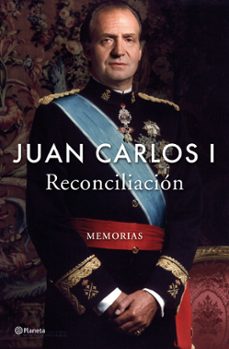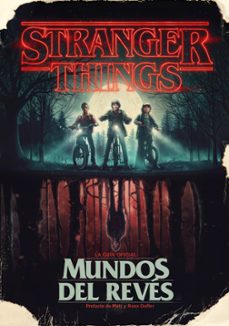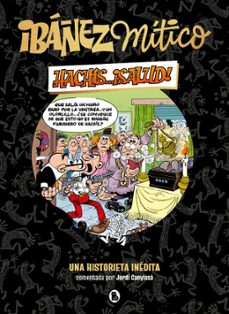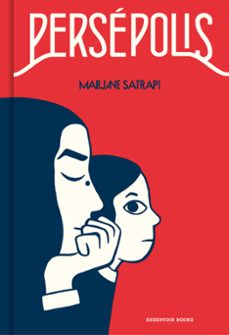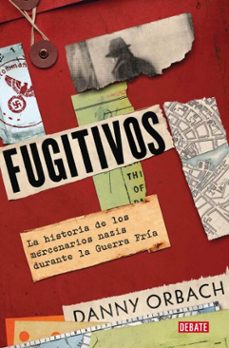Imprescindibles
Más vendidos Libros más leídos eBooks más leídos Todos los libros Todos los libros Autores destacados Series y sagas
Recomendados Libros recomendados Autores destacados Libros que inspiran Vidas con historia LGTBIQ+ English books
Ficción
Literatura Contemporánea Estudios literarios Clásicos Cuentos Poesía Teatro Libros de bolsillo Sagas literarias
Géneros literarios Novela romántica y erótica Novela negra Novela histórica Narrativa fantástica Novela de ciencia ficción Novela de terror Narrativa de humor Narrativa de viajes
No Ficción
Ciencias y tecnología Biología Ciencias Ciencias naturales Divulgación científica Informática Ingeniería Matemáticas Medicina Salud y dietas Formación Idiomas Estilo de vida Libros de Cocina Guías de viaje Narrativa de viajes Deportes Libros de Juegos Manualidades
Humanidades Autoayuda y espiritualidad Ciencias humanas Derecho Economía y Empresa Psicología y Pedagogía Filosofía Sociología Filología Biblioteconomía Estudios filológicos Estudios lingüísticos Estudios literarios Historia y crítica de la Literatura
Infantil
Juvenil
#Jóvenes lectores Narrativa juvenil Clásicos adaptados Libros Wattpad Libros Booktok Libros de influencers Libros de Youtubers Libros Spicy Juveniles Libros LGTBIQ+ Temas sociales Libros ciencia ficción Libros de acción y aventura Cómic y Manga Juvenil Cómic Juvenil Manga Shonen Manga Shojo Autores destacados Jennifer L. Armentrout Eloy Moreno Nerea Llanes Hannah Nicole Maehrer
Libros de fantasía Cozy Fantasy Dark academia Hadas y Fae Romantasy Royal Fantasy Urban Fantasy Vampiros y hombres lobo Otros Misterio y terror Cozy mistery Policiaca Spooky Terror Thriller y suspense Otros
Libros románticos y de amor Dark Romance Clean Romance Cowboy Romance Mafia y amor Romance dramatico Romance dramatico Romcom Sport Romance Otros Clichés Enemies to Lovers Friends to Lovers Hermanastros Slow Burn Fake Dating Triángulo amoroso
Cómic y Manga
Novela gráfica Novela gráfica americana Novela gráfica europea Novela gráfica de otros países Personajes, series y sagas Series y sagas Star Wars Superhéroes Cómics DC Cómics Marvel Cómics otros superhéroes Cómics Valiant
eBooks
Literatura Contemporánea Narrativa fantástica Novela de ciencia ficción Novela de terror Novela histórica Novela negra Novela romántica y erótica Juvenil Más de 13 años Más de 15 años Infantil eBooks infantiles
Humanidades Autoayuda y espiritualidad Ciencias humanas Economía y Empresa Psicología y Pedagogía Filosofía Historia Historia de España Historia Universal Arte Cine Música Historia del arte
Ciencia y tecnología Ciencias naturales Divulgación científica Medicina Salud y dietas Filología Estudios lingüísticos Estudios literarios Historia y crítica de la Literatura Estilo de vida Cocina Guías de viaje Ocio y deportes
Preventa de eBooks de II Guerra Mundial y guerra fría
Te puede interesar
Filtros
Del 1 al 2 de 2
Seix Barral 9788432249259
Un homenaje a los héroes invisibles. Una reflexión sobre la memoria histórica. Una novela contra el fascismo.Yo no fui amigo de André Chaix, ¿y acaso podría haberlo sido, cuando no nos une casi nada?Solo un nombre en el muro.Chaix fue un resistente, un maquis, un joven con una vida tan breve como la de tantos otros.Yo no sabia nada de el. Pregunte a la gente, recopile fragmentos de una memoria colectiva, me hice una idea de quien habia sido. Durante mis investigaciones, descubri muchas cosas por casualidad, casi de milagro, y enseguida supe que queria contar su historia. Seguramente, todas las vidas tienen algo de novela. Pero algunas mas que otras.Han pasado ochenta años desde su muerte. Aunque viendo como va el mundo, no tengo duda de que hay que seguir hablando de la Ocupacion, del colaboracionismo y del fascismo, del rechazo del otro hasta su aniquilacion. Este libro da voz a los ideales por los que Andre Chaix murio y se cuestiona nuestra naturaleza profunda, ese deseo de pertenecer a algo mas grande que nosotros, que conduce a lo mejor y a lo peor.
Ver más
eBook
DEBATE 9788410214569
¿Qué hicieronlos nazisdespués desuderrota? Esta es lahistoria delosmercenariesque,traselcolapso delTercer Reich,vendieron susservicios a lasgrandespotencias.Cuando Alemania se rindió, miles de antiguos oficiales del regimen se esfumaron en la confusion de la posguerra. Algunos fueron juzgados y otros escaparon, pero muchos fueron reclutados. Reinhard Gehlen, general de inteligencia nazi, creo la organizacion de espionaje de Alemania Occidental con la ayuda de exagentes de las SS, mientras los servicios estadounidenses y sovieticos competian por hacerse con los servicios de los mismos hombres.Desde restaurantes de lujo en Munich hasta puertos yugoslavos infestados de contrabandistas, pasando por casas francas en Damasco, clubes de campo en El Cairo o refugios fascistas en la España de Franco, estos fugitivos tejieron una red secreta de trafico de armas, espionaje y poder que sirvio indistintamente a Washington, Moscu o Tel Aviv.Basado en archivos ineditos del Mossad, la CIA y el espionaje aleman, Fugitivos revela una historia envuelta en secretos, mitos y propaganda: la de los nazis que sobrevivieron a Hitler para convertirse en piezas clave de la Guerra Fria. Con un vigoroso pulso narrativo y gran rigor, Danny Orbach reconstruye el lado mas oscuro de esa epoca, cuando la lealtad era un lujo y la supervivencia una forma de traicion.La critica ha dicho:Excepcional. Un trabajo de investigacion prodigioso y una narracion original que arroja una luz notable e inquietante sobre uno de los rincones mas oscuros de la historia reciente. Philippe SandsUna historia apasionante. Un relato tan horripilante como entretenido sobre el papel que desempeñaron los antiguos nazis (o eso afirmaban) en el espionaje durante la Guerra Fria.The Telegraph Un relato cautivador y, a menudo, impactante sobre lo que hicieron los antiguos nazis.The Times
Ver más
eBook
Del 1 al 2 de 2


